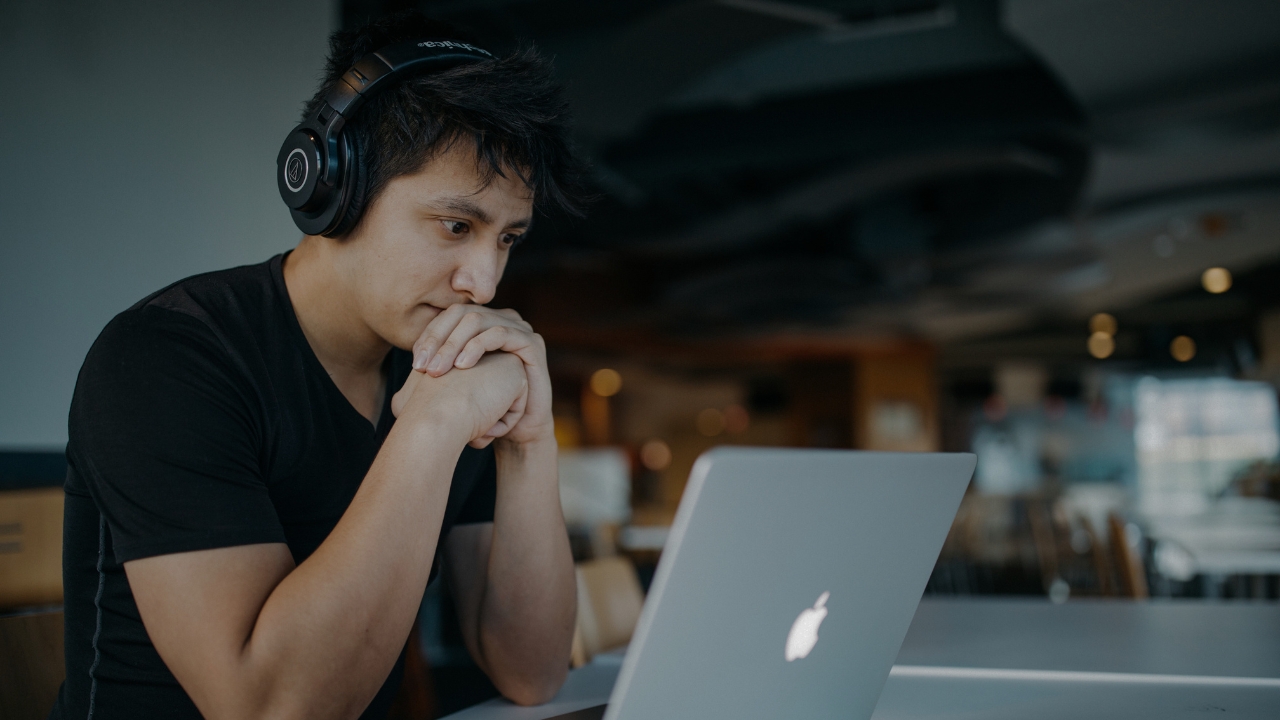
LIDE opens call for the new Young Researchers Fellowship
- Posted by Alonso Quijano Ruiz, Daniel Pazmiño Sanchez
- -
- 12-01-2024
- -
- Categories: News, Young Researchers Fellowship
Guayaquil, January 12, 2024 – The Ecuadorian Development Research Lab (LIDE), in partnership with the U.S. Embassy and Consulate in Ecuador and DataCamp, launches the LIDE Young Researchers Fellowship.
The Young Researchers Fellowship aims to train the next generation of social scientists through education in quantitative research and the social sciences. The program offers academic training to students interested in pursuing research-oriented master’s and/or doctoral degrees in fields such as economics, sociology, demography, political science, public policy (health, education, environment, etc.), public health, psychology, applied statistics, or other quantitatively focused social sciences.
Our goal is to open pathways to international graduate education for motivated students by providing essential research skills and promoting academic inclusion for underserved communities. This program is funded by the U.S. Embassy and Consulate in Ecuador and sponsored by DataCamp, the world’s leading platform for programming and data science education.
Program contents
Quantitative research
Learn the theory and practice of the most widely used quantitative methods in the social sciences. The program includes modules on data analysis software such as R and Stata, as well as statistical techniques, causal inference, field research, and public policy analysis.
Academic writing
Academic writing is fundamental for effectively communicating scientific ideas and findings. The program covers the writing of academic papers, citation styles, and bibliography management software. Learning is hands-on: students will prepare a high-level research paper with guidance from mentors with international academic experience.
International graduate admissions
Admission to graduate programs abroad is highly competitive. The Young Researchers Fellowship prepares students to improve their chances through workshops on academic CVs, statements of purpose, application timelines, and strategies for securing funding. LIDE will also provide TOEFL preparation and cover 100% of the exam cost.
Research dissemination
Communicating and disseminating research findings in outreach journals and academic conferences is a crucial skill for a successful scientist. The program covers both technical and soft skills related to presenting research results, including data visualization, oral presentations, collaboration, teamwork, and more.
Program design
The Young Researchers Fellowship is fully remote and runs for eight months, from May to December 2024. Through live training sessions and one-on-one mentorship, participants will develop key skills in social science research. In parallel, mentors and instructors will guide students in producing a high-quality research paper that can strengthen their applications to international graduate programs. The paper may also be published on our quantitative blog, El Quantificador. Since the program involves research work, it may be recognized as pre-professional internship hours at the student’s home university, if applicable.
The program is bilingual (English and Spanish). Study materials for the TOEFL exam will be provided, and LIDE will fully cover the cost of the exam. To promote programming skills for research, students will receive a free DataCamp license, as part of our partnership with DataCamp.
Student profile
This program is designed for young individuals who meet the following criteria:
- Have earned an undergraduate degree from an Ecuadorian university within the past four years, or are currently enrolled in an undergraduate program at an Ecuadorian institution.
- Demonstrate a strong interest in pursuing graduate studies in the social sciences. Applicants must not already hold a master’s or doctoral degree.
- Have at least a basic level of English proficiency.
- Belong to a household with a monthly income below the national average.
- Exhibit strong academic performance, as reflected in their academic record.
- We are deeply committed to fostering diversity, equity, and inclusion. We actively encourage applications from women and individuals from underrepresented or historically marginalized communities, including Black and Indigenous populations, people with disabilities, and members of the LGBT+ community.
How to apply
- Application Form: Complete the application form and submit the required documents by May 1, 2024.
- Competency Exam: Pre-selected candidates will take a competency exam in mid-May 2024.
- Interviews: Top candidates will be interviewed via Zoom. Final results will be announced at the end of May.
- Start of Classes: Live sessions will begin in early June 2024.